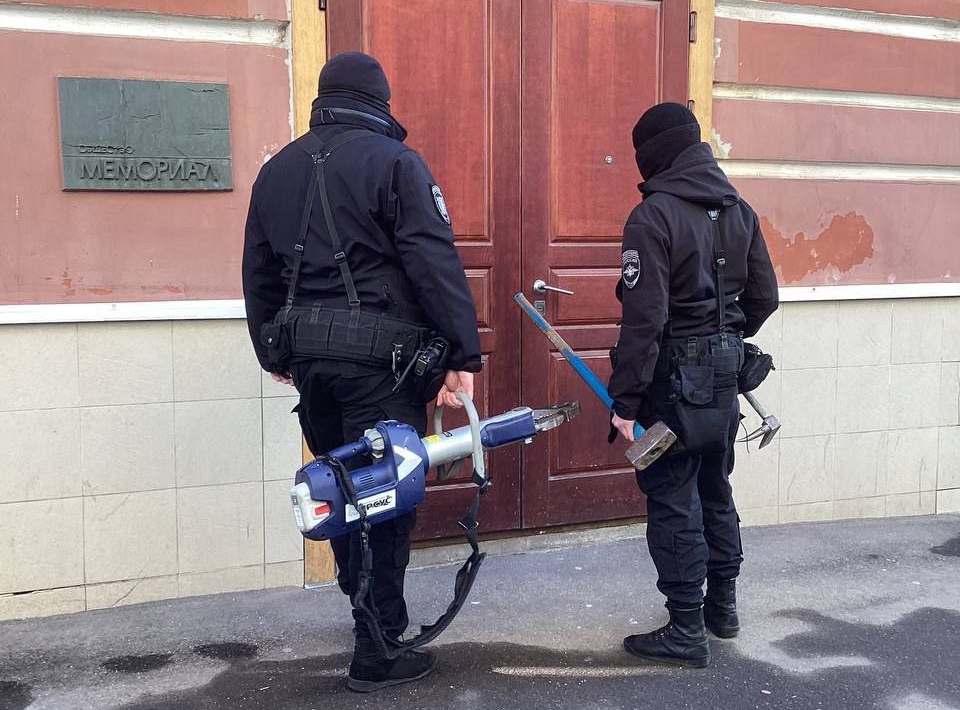Reacting to the news that Russian law enforcement officers have searched the homes of members of Memorial, Russia’s oldest human rights organization and Nobel Peace Prize awardee, Natalia Zviagina, Amnesty International’s Russia Director, said:
“By raiding the homes of members of Memorial, the Russian authorities are continuing their witch-hunt against human rights defenders and activists. They view Memorial’s work, which includes protecting human rights in an increasingly repressive Russia and recording the crimes against humanity committed during the Stalinist era of the Soviet Union, as a threat to their power.”
[The Russian authorities] view Memorial’s work, which includes protecting human rights in an increasingly repressive Russia and recording the crimes against humanity committed during the Stalinist era of the Soviet Union, as a threat to their power.
Natalia Zviagina, Russia Director, Amnesty International
“As a pretext for raiding the homes of members of Memorial, the Russian authorities accused them of ‘rehabilitating Nazism’, which is manifestly absurd. The Kremlin must urgently end its shameful campaign of repression against activists and those working to preserve the memories of Stalin’s brutality. Memorial’s crucial work of documenting the past, educating young people and marking the history of political repression must be allowed to continue.”
Background
On Tuesday morning, security forces searched the homes of nine members of Memorial, including its chairman, Yan Rachinsky, and raided the organization’s headquarters in Moscow. On the same day, Oleg Orlov, Memorial’s board member whose home was also searched, was charged with “repeatedly discrediting the Russian Armed Forces.”
Between 11 and 13 March, law enforcement officers also searched the homes of two members of Memorial in Perm, located in the Urals. They also raided the city’s Centre for Historical Memory.
The Russian authorities accused members of Memorial of “rehabilitating Nazism”, after the organization compiled a list of around 4 million victims of political terror in the USSR. Three men on the list weren’t officially rehabilitated “due to the nature of the crime.” While the reasons why the Russian state denies that two of them were persecuted unlawfully remain unknown, the third individual has allegedly participated in the Holocaust. No one has been charged in this investigation, yet it has been used to conduct searches and to summon Memorial members for questioning.
In December 2021, Russian authorities ordered the liquidation of Memorial, citing violations of Russia’s repressive “foreign agents” legislation. In 2022, Memorial was jointly awarded the Nobel Peace Prize.


